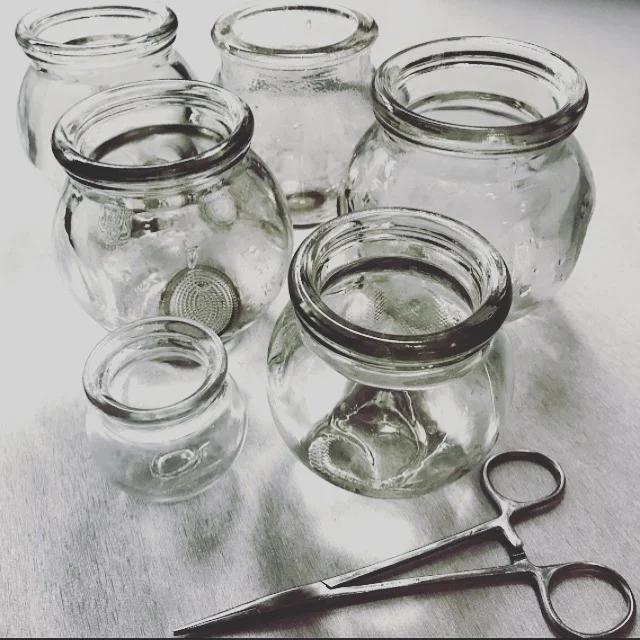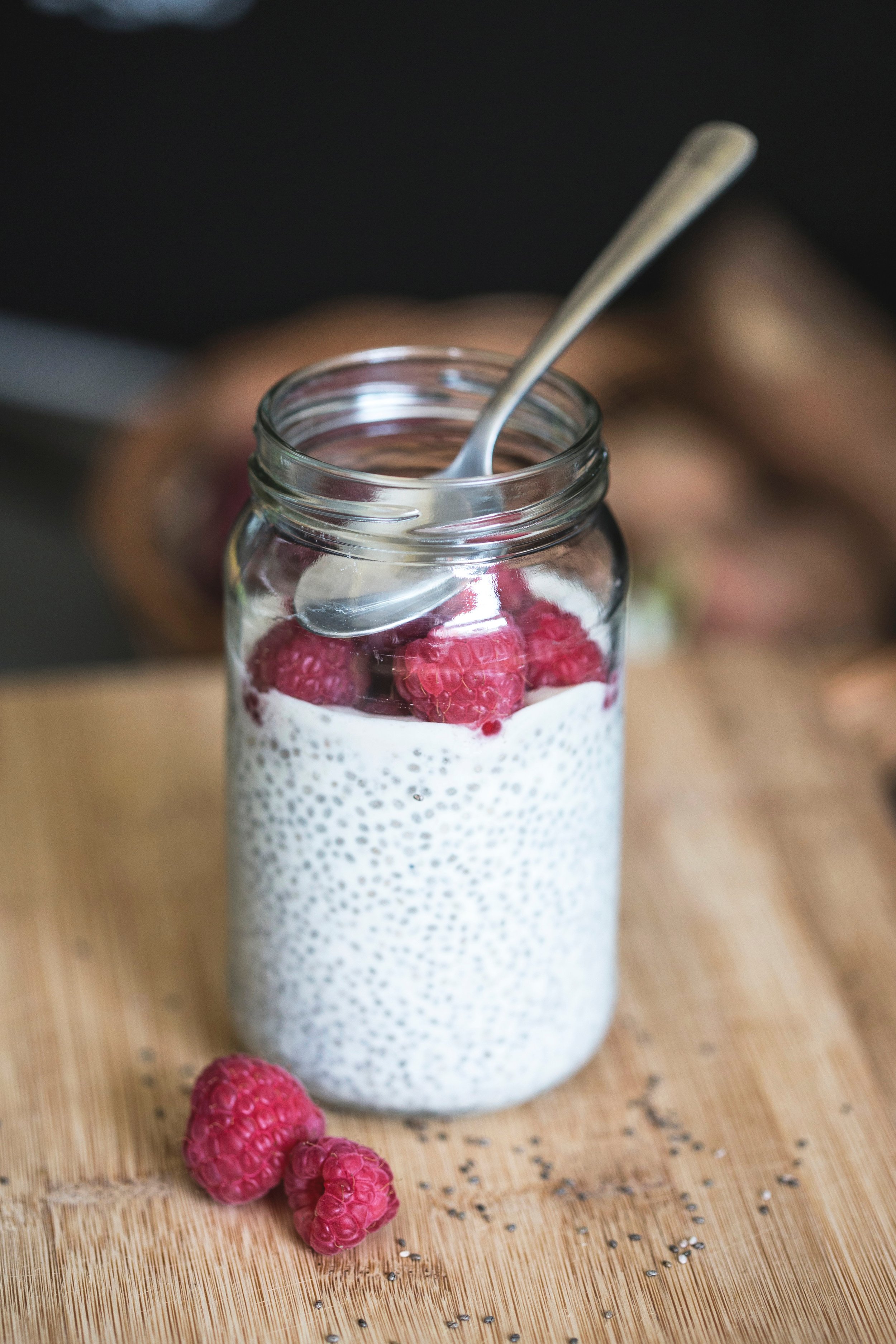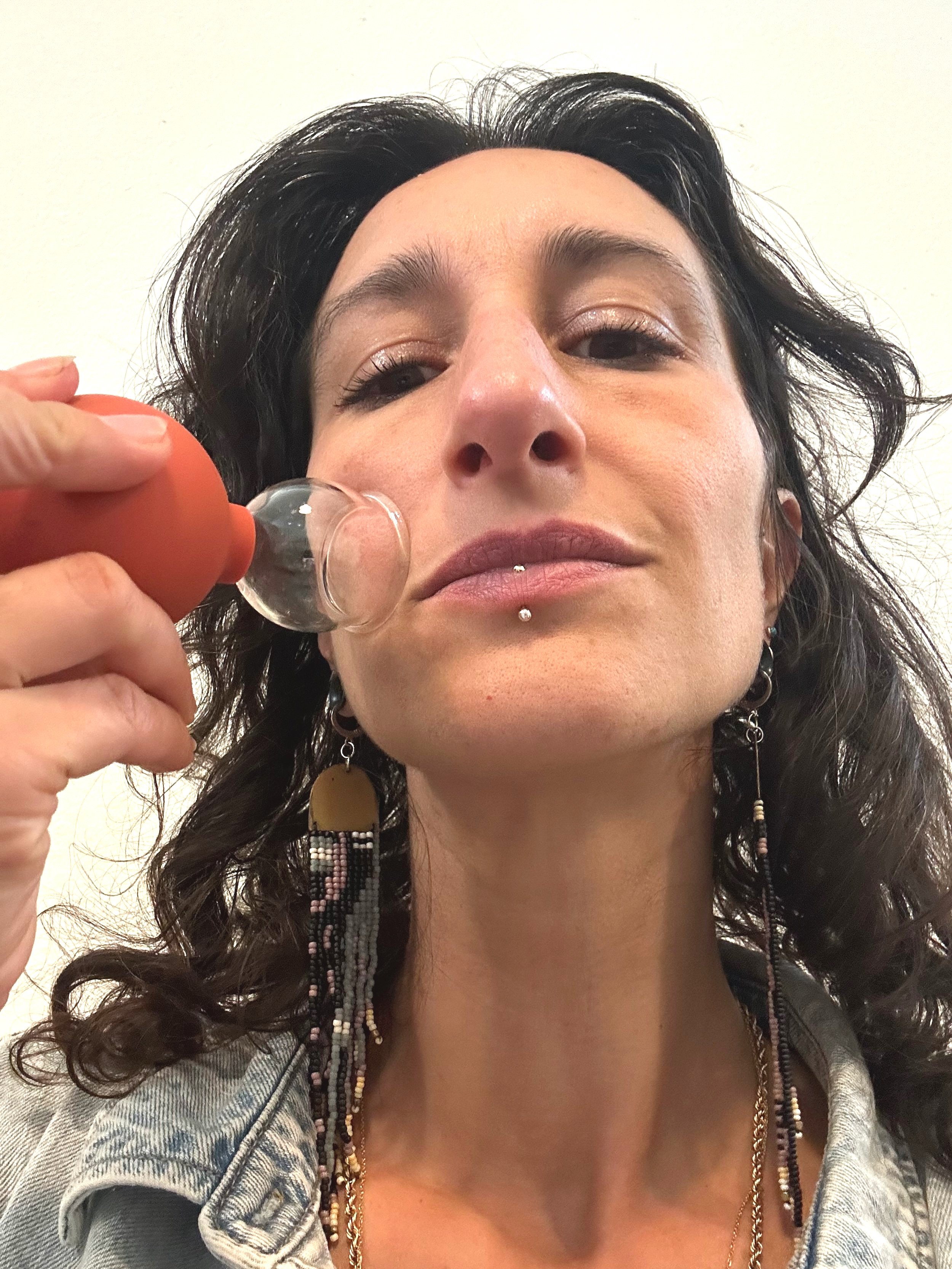Natural Remedies for the Stomach Bug
How to Deal with a Stomach Bug Naturally
When a stomach bug hits, it can feel like your body is waging a war against itself. Known medically as viral gastroenteritis, the stomach bug is a highly contagious illness caused by viruses like norovirus or rotavirus. It leads to symptoms such as nausea, vomiting, diarrhea, abdominal cramps, and sometimes fever. While unpleasant and usually ripping around an entire hosuehold, stomach bugs typically resolve within a few days with proper care. This article will explore natural remedies to support recovery for both kids and adults.
What is a Stomach Bug?
A stomach bug, or viral gastroenteritis, is an infection of the stomach and intestines. It spreads through contaminated food, water, surfaces, or close contact with infected individuals. Symptoms often appear suddenly and can vary in severity. While it’s usually not dangerous, dehydration is a common concern, especially for children and older adults. Natural remedies can help alleviate symptoms and promote recovery without heavy reliance on medications.
Natural Remedies for Stomach Bugs
Rest and Hydration
The cornerstone of recovery is rest. Your body needs energy to fight off the infection, so allow yourself or your little ones ample downtime. Hydration is equally crucial. Frequent vomiting and diarrhea can lead to significant fluid loss, so sipping clear fluids like water, coconut water, or homemade electrolyte drinks is vital. For children, oral rehydration solutions (ORS) can be a lifesaver in preventing dehydration.
Electrolyte Drink Recipe- Combine 1 liter of water, 6 teaspoons of sugar, and 1/2 teaspoon of sea salt. Add a splash of orange or lemon juice for flavor, and 1 tsp of honey for sweetness.
2. Maintain Cleanliness
Preventing the spread of the stomach bug within your household is essential. Use Clorox wipes or a similar disinfectant to clean surfaces, especially in shared spaces like bathrooms and kitchens. Wash bedding, towels, and clothes used by the infected individual in hot water. Make sure to remind kids proper handwashing techniques to minimize the risk of reinfection or spreading. Thieves oil is a blend of essential oils, typically including clove, lemon, cinnamon, eucalyptus, and rosemary, known for its antimicrobial properties and rich, warming aroma, and can be very usueful during this time as well.
Natural Disinfecting All-purpose Spray Recipe: Mix 1 cup of water, 1 cup of white vinegar, and 20 drops of Thieves oil in a spray bottle.
3. Herbal Remedies
Activated Charcoal
Activated charcoal is a natural remedy known for its ability to bind toxins in the digestive tract. While it doesn't kill viruses, it may help alleviate bloating and reduce the severity of diarrhea. It’s best suited for older children (2+) and adults and should be taken as directed by a healthcare professional and with short term usage. Single dose–Adults and teenagers: 25-100 grams, Kids ages 2 to 12 years: 25-50 grams–seem to be adequate.
Black Applesauce- Mix 1/4 teaspoon of food-grade activated charcoal powder into 1/2 cup of unsweetened applesauce, optionally adding a pinch of cinnamon or honey, and serve immediately.
4. Herbal teas
Herbal teas are a great way to help soothe the stomach and help stay hydrated in the midst of a stomach bug. All these options are great for adults and children.
Ginger Tea- (Sheng Jiang) Ginger is a time-honored remedy for nausea and vomiting. Brew fresh ginger slices in hot water for 10 minutes, then strain and sweeten with a touch of honey for children (over one year old).
Peppermint Tea- (Bao He) Peppermint relaxes stomach muscles and reduces cramps. It’s particularly soothing for adults but should be used sparingly with children.
Chamomile Tea- Known for its calming effects, chamomile tea can ease abdominal discomfort and promote relaxation, making it perfect before bedtime.
Fennel Tea- (Xiao Hui Xiang) A tasty and warming herb that can help calm the stomach.
3. Herbal Syrups
Herbal syrups are made from soothing and immune-supportive herbs and honey, and they can be a great addition to your recovery toolkit.
Soothing Herbal Honey
This herbal syrup is designed to calm the stomach and ease nausea. It features a blend of aromatic herbs, gentle bitters, and cooling mints. Inspired by Traditional Chinese medicine principles and herbs such as ginger, fennel and orange peel. The dried orange peel (chen pi) is known as a carminitive and supports digestive harmony by regulating Qi, adjusting the Middle Jiao and relieves the diaphragm, dries dampness and transforms phlegm, and helps to descend Qi in cases of nausea.
INGREDIENTS
1 tbsp ginger root, freshly grated or dried
1/2 tsp fennel seed, lightly crushed
1 tsp. dried chamomile flower
1/2 tsp dried orange peel, finely ground
1 tbsp peppermint, or spearmint leaf
2 fl oz raw honey (or maple syrup)
8 fl oz water
A pinch of sea salt
PROCEDURE
1. Combine the ginger, fennel, orange peel, and water in a small saucepan.
2. Bring to a gentle simmer, allowing the liquid to reduce by half.
3. Remove from heat and stir in the mint and chamomile. Cover and steep for 15 minutes.
4. Strain the mixture through a fine-mesh strainer, pressing out the liquid. Compost or discard the herbs.
5. Return the strained liquid to the saucepan and add the honey or maple syrup. Gently warm to dissolve and combine thoroughly.
6. Pour the syrup into a sterilized glass bottle or jar (preferably dark-colored) and seal tightly. Label and refrigerate. The syrup will last 2–3 weeks with honey or up to 1 week with maple syrup.
DOSAGE
- Adults: 1 tsp (5 mL) every 2–3 hours as needed.
- For children, adjust the dosage based on weight
4. Dietary Adjustments
As symptoms improve, ease back into eating with bland, easily digestible foods. The BRAT diet—bananas, rice, applesauce, and toast—is a popular choice for its simplicity and gentleness on the stomach. Avoid dairy, fatty foods, and caffeine, which can irritate the digestive system.
When to Seek Medical Attention
While most stomach bugs resolve on their own, there are situations where medical attention is necessary:
Signs of severe dehydration, such as dry mouth, lack of tears, or no urination for 8+ hours.
High fever (above 102°F) or persistent symptoms lasting more than three days.
Bloody diarrhea or severe abdominal pain.
A stomach bug may be unpleasant, but natural remedies can provide relief and support recovery for both kids and adults. Focus on rest, hydration, cleanliness, and gentle herbal remedies to help your body heal. With patience and care, you can bounce back quickly and minimize the spread to others in your household. Keep these tips in your wellness toolkit for the next time the stomach bug strikes.































Learn about Kidney Yang Deficiency in Traditional Chinese Medicine, including signs, symptoms, food choices, and lifestyle tips to restore balance and vitality. Discover a warming recipe to support Kidney Yang health.